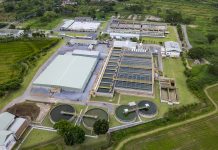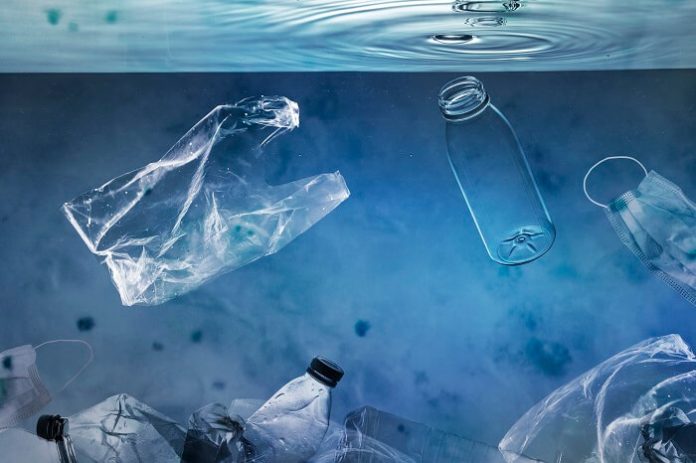As the countdown begins for crucial negotiations on the world’s first binding treaty on plastic pollution, experts are convening in Bangkok to explore financing solutions and address issues related to problematic plastics.
The meeting serves as a technical milestone leading up to the final talks scheduled for late November in Busan, South Korea. During the discussions, nations aim to finalize a potentially transformative agreement to combat the massive challenge of plastic pollution.
The magnitude of the issue is staggering – microplastics have been discovered in the deepest ocean trenches, the highest mountain peaks, in clouds, and even in breast milk.
Plastic production has surged, doubling over the past twenty years, and at its current pace, it could triple by 2060, according to the Organisation for Economic Co-operation and Development (OECD). Despite thE surge, over 90% of plastic remains unrecycled, with much of it ending up in nature or buried in landfills.
Eirik Lindebjerg, the global plastics policy lead at WWF, highlighted the complexities of addressing plastic production within the treaty. Lindebjerg said, “The question is whether the treaty should focus on regulating production or only the value chain after plastic products are made. If production is to be regulated, should it involve a cap, reduction targets, or other measures?”
Environmental organizations have consistently advocated for the treaty to include restrictions on the production of new plastics, a stance supported by the ‘high ambition coalition’ of dozens of countries. The United States may now be aligning with this position, potentially backing some limits on production.
The shift has been welcomed by environmental advocates, though Lindebjerg cautioned that it remains unclear whether Washington will support mandatory caps or opt for less stringent voluntary limits.
The degree to which the treaty will be binding is another point of debate. Some nations are pushing for concrete measures like a unified timeline for phasing out certain plastics, while others favour more flexible language that would allow countries to determine how and when to regulate. As reported by Hindustan Times, as with climate negotiations, financing the implementation of any agreed measures remains a highly contentious issue.































